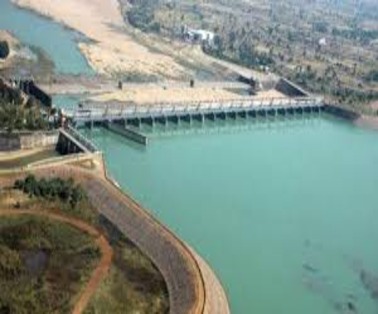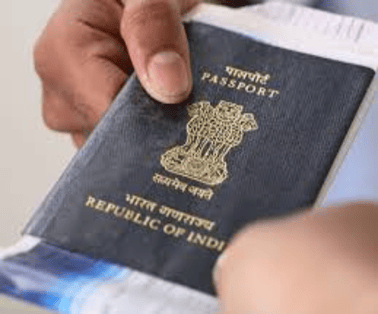A massive controversy erupted with respect to the Mahanadi water dispute in Odisha over Chhattisgarh’s release of Mahanadi water into lower catchment of the river system.
Mahanadi Water Dispute
- Odisha accused the neighbouring State of attempting to mislead the Mahanadi Water Disputes Tribunal led by Supreme Court Justice A.M. Khanwilkar.
- According to Odisha, Chhattisgarh has opened 20 gates at Kalma Barrage through which 1,000-1,500 cusecs of water is flowing into Mahanadi in Jharsuguda district – a rarity as Chhattisgarh hardly releases water during non-monsoon season.
- Odisha has long been objecting Chhattisgarh’s management of Mahanadi River water in upper catchment.
- During past couple decades, Chhattisgarh has built several barrages restricting flow of water in lower catchment (Odisha).
- The non-availability of water in Mahanadi during non-monsoon season has affected Rabi crops and worsened drinking water.
Background of Mahanadi Water Dispute
- Following a complaint filed by Odisha with the Ministry of Jal Shakti under Section 3 of the lnter-State River Water Disputes (ISRWD) Act, the Mahandi Water Disputes Tribunal was formed in March 2018.
- The tribunal has been asked to submit its report by December 2025.
- There is no inter-State agreement between Odisha and Chhattisgarh regarding Mahanadi basin water allocation.
- Mahanadi, the sixth largest river in India, travels 357 km in Chhattisgarh and 494 km in Odisha before flowing into the Bay of Bengal.
Water in the Constitution of India
- Water is a State subject as per entry 17 of the State List and thus states are empowered to enact legislation on water.
- Entry 17 of State List deals with water i.e. water supply, irrigation, canal, drainage, embankments, water storage and water power.
- Entry 56 of Union List empowers the Union Government for the regulation and development of inter-state rivers and river valleys to the extent declared by Parliament to be expedient in the public interest.
- Article 262 of the Indian Constitution provides a role for the Central government in adjudicating conflicts surrounding inter-state rivers that arise among the state/regional governments.
Inter-State River Water Disputes Resolution
- As per Article 262, the Parliament has enacted the following:
- River Board Act, 1956
- Inter-State Water Dispute Act, 1956
- Supreme Court shall not question the Award or formula given by tribunal, but it can question the working of the tribunal
Inter-State Water Dispute Act, 1956
- It aims to resolve the water disputes that would arise in the use, control and distribution of an interstate river or river valley.
- According to its provisions, if a State Government makes a request regarding any water dispute and the Central Government is of opinion that the water dispute cannot be settled by negotiations, then a Water Disputes Tribunal is constituted for the adjudication of the water dispute.
- This act is confined to states of India and not applicable to union territories.
- Only concerned state governments are entitled to participate in the tribunal adjudication and non-government entities are not permitted.
Amendment To The 1956 Act In 2002
- An amendment was enacted to the Inter-State Water Disputes Act in 2002 which brought about a few changes such as:
- The tribunal has to be constituted within one year of the request.
- The tribunal should give the award within 3 years and in some exceptional cases, within 5 years.
- If the award is not immediately implemented, the concerned parties can seek clarification within three months.
- The tribunal award will have the same force as an order or decree of the Supreme Court. The award is final and above the SC’s jurisdiction
- However, the states could still approach SC through Article 136 (Special Leave Petition)
River Board Act, 1956
- The purpose of this Act was to enable the Union Government to create Boards for Interstate Rivers and river valleys in consultation with State Governments.
- The objective of Boards is to advise on the inter-state basin to prepare development schemes and to prevent the emergence of conflicts.
- Till date, no river board as per the above Act has been created.
Active Tribunals In India

To Download Monthly Current Affairs PDF Click here
Get Inspiration from CLAT 2025 Topper
Click here to get a free demo
Everything About CLAT 2025



